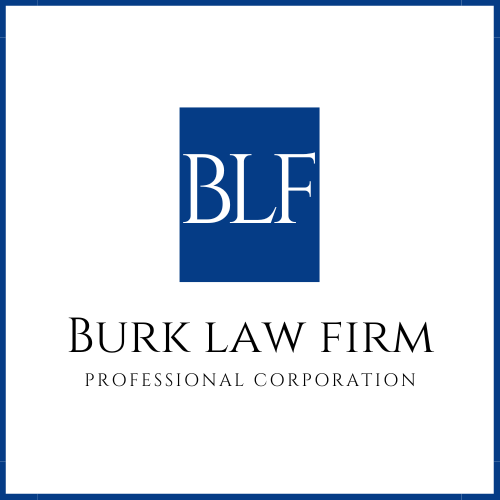Registering a business isn’t complicated, but the exact steps depend on your country (and often your state/province). Here’s the no-fluff breakdown of the core process in the U.S. (I can adapt for another country if that’s what you need):
1. Choose Your Business Structure
Sole Proprietorship – simplest, no liability protection.
Partnership – two or more owners, personal liability.
LLC (Limited Liability Company) – liability shield, flexible, common for small–medium businesses.
Corporation (C-Corp or S-Corp) – heavier paperwork, but strong liability and growth structure.
👉 Your choice dictates paperwork, taxes, and personal liability.
2. Pick a Business Name
Must be unique in your state.
Check your state’s Secretary of State website for availability.
Consider trademarking if you want federal protection.
3. Register With the State
Sole Proprietor/Partnership – often just need a DBA (“Doing Business As”) filing if using a trade name.
LLC or Corporation – file Articles of Organization (LLC) or Articles of Incorporation (Corp) with your Secretary of State. Pay a filing fee.
4. Get an EIN (Employer Identification Number)
Free from the IRS website.
Needed for taxes, employees, and opening a business bank account.
Sole proprietors without employees can use SSN, but EIN is cleaner.
5. Register for Taxes
State sales tax permits if selling goods.
State employer taxes if hiring.
Local business taxes depending on your city/county.
6. Obtain Licenses and Permits
Industry-specific (restaurants, contractors, financial services, etc.).
Local business license often required by city/county.
7. Open a Business Bank Account
Keeps your personal and business finances separate (critical for liability protection with LLCs and Corps).
8. Keep Ongoing Compliance
Annual reports (LLCs/Corps).
Business taxes (federal, state, and sometimes local).
Renew permits and licenses as required.
🔑 Bottom line:
If you just want to start selling tomorrow, a DBA and EIN might be enough (depending on your state and industry). But if you want liability protection and scalability, set up an LLC or Corporation right from the start.

